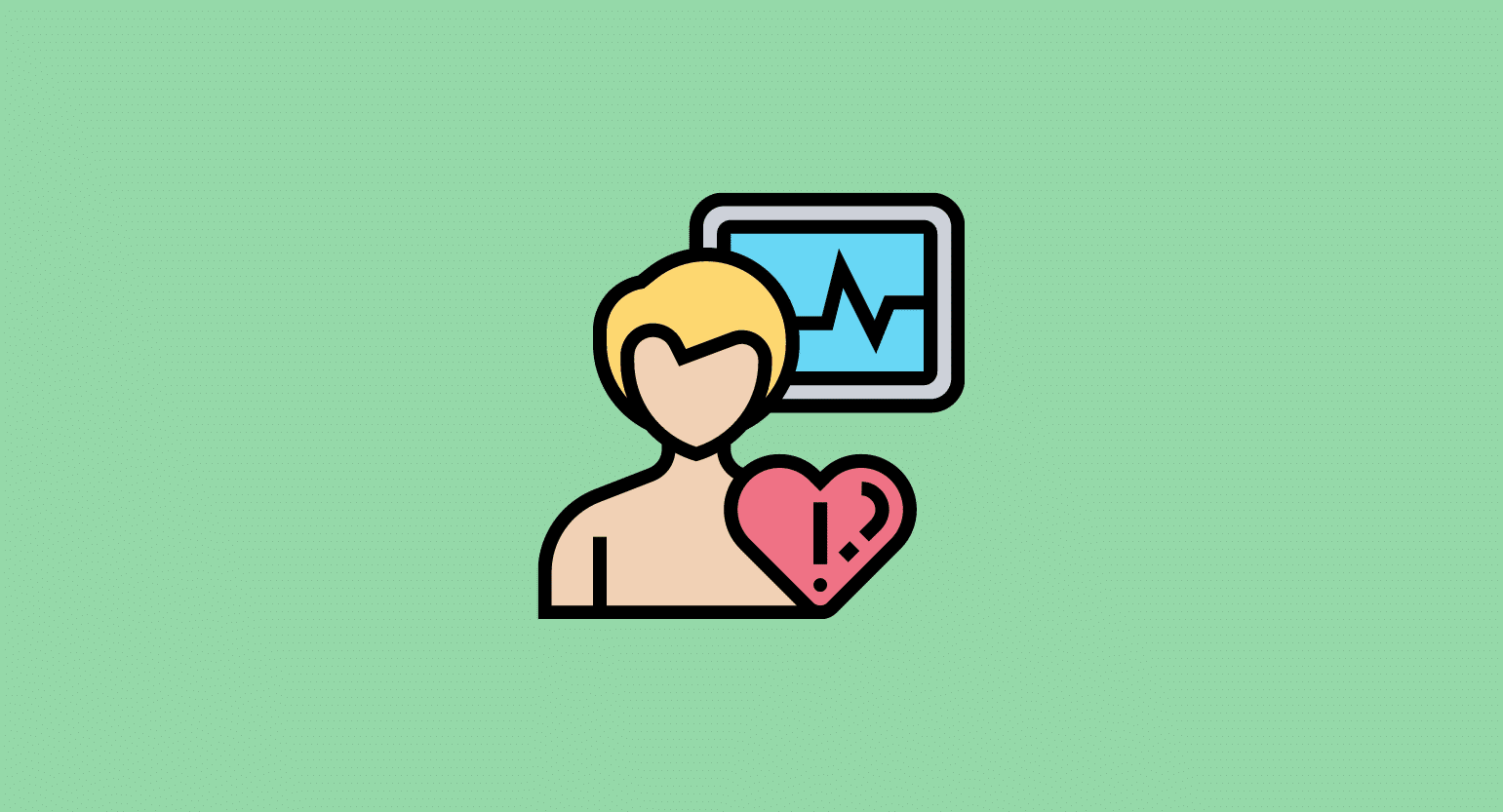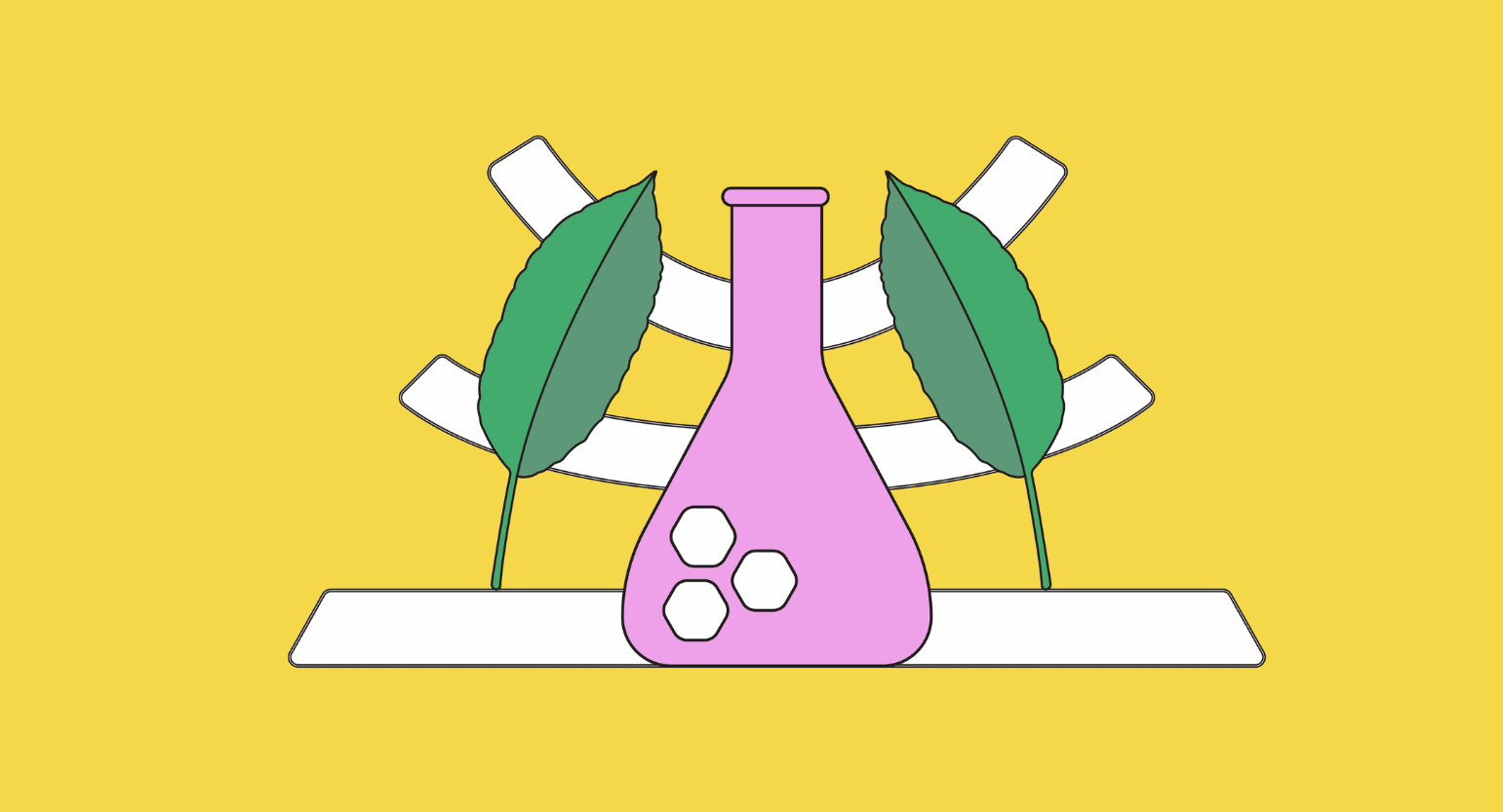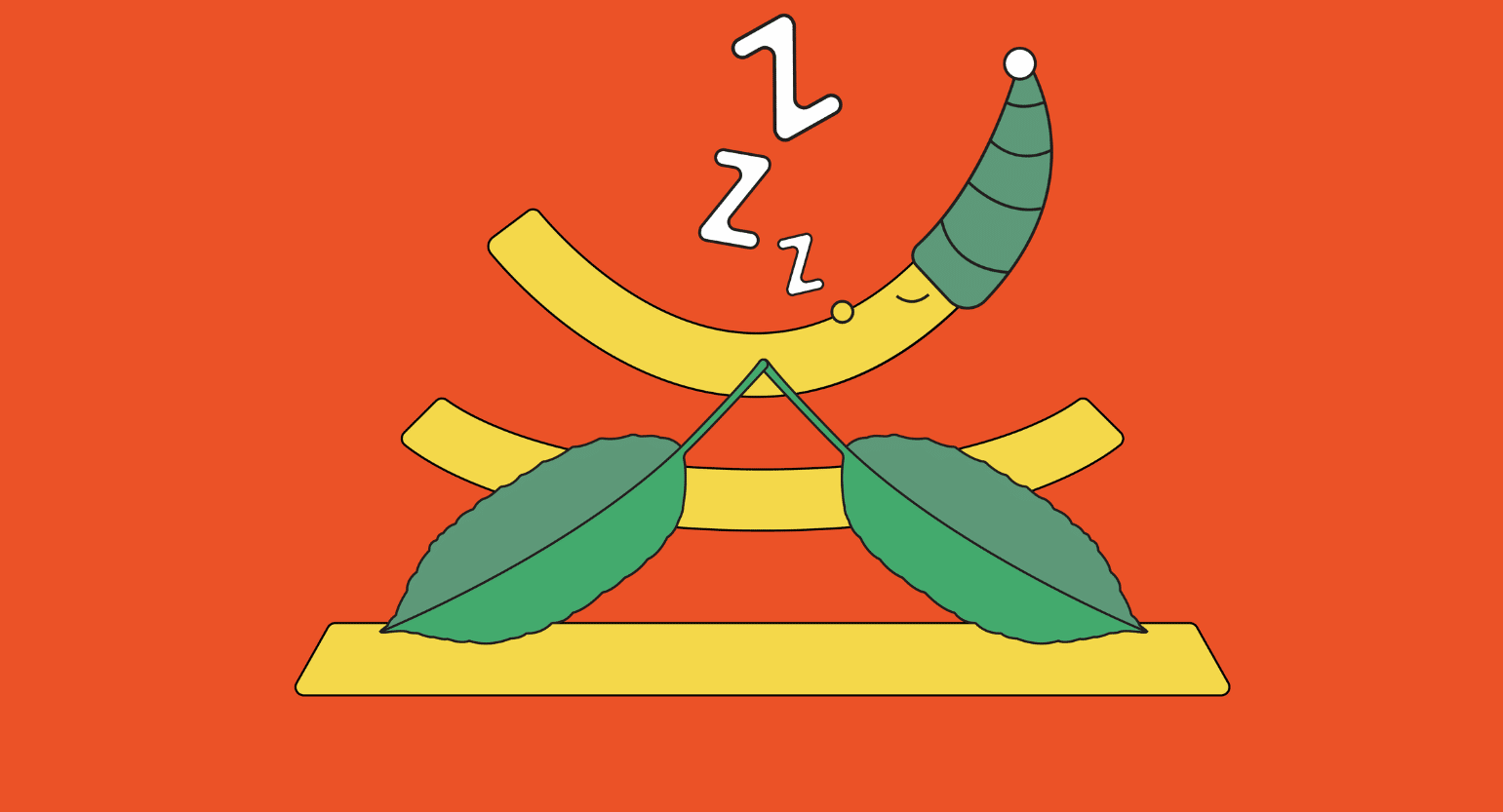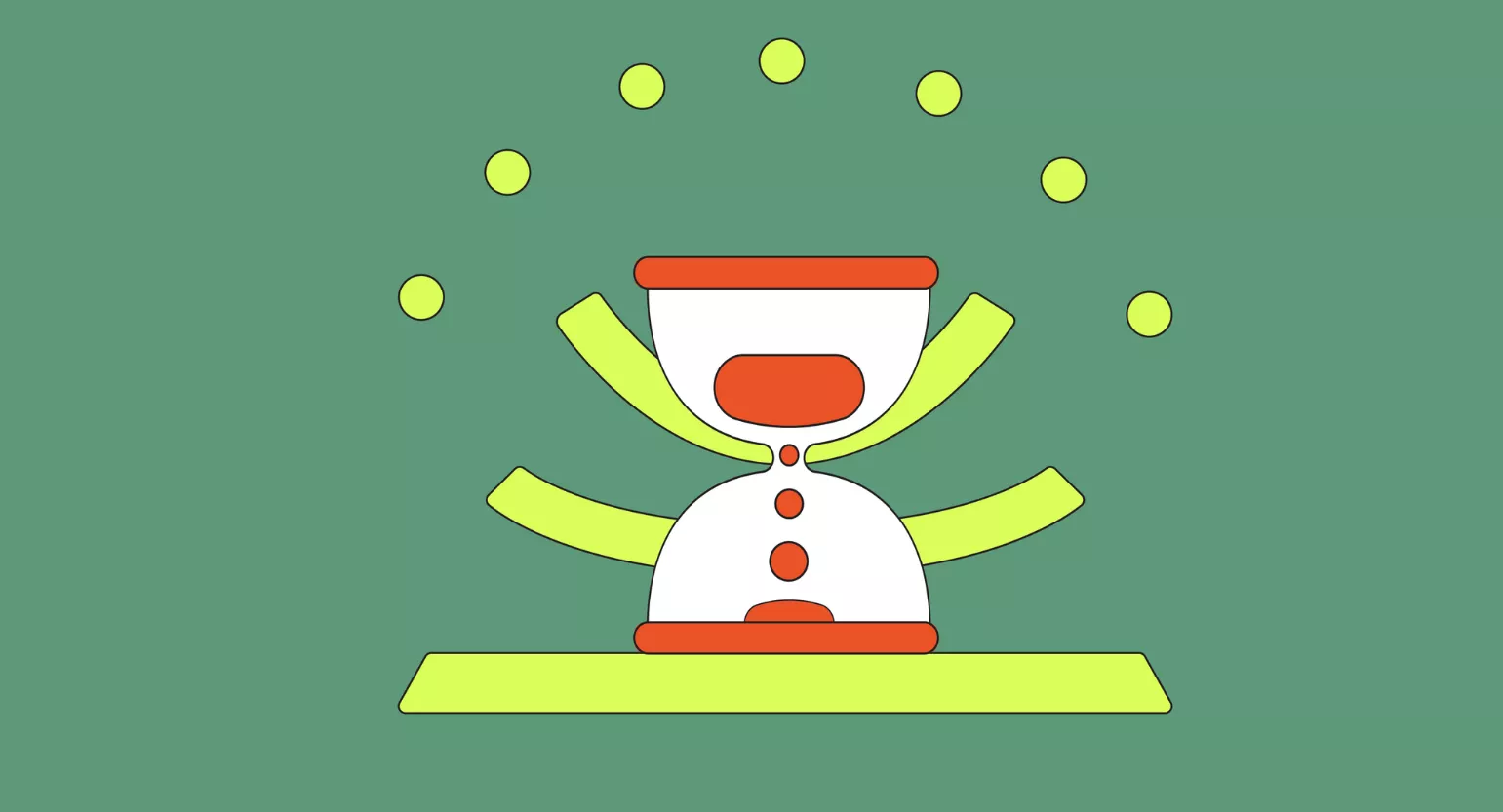What Are Heart Palpitations?
Heart palpitations cause people to feel like their heart is beating too quickly or skipping a beat.
Many things can trigger heart palpitations, including:
- High levels of stress
- Vigorous exercise
- New medications or herbal supplements
- Injuries
- Heart conditions or other medical issues
Heart palpitations are undoubtedly concerning. However, in the vast majority of cases, they’re pretty harmless. They are simply the temporary awareness of the beating of your heart, which can be awkward or uncomfortable.
However, heart palpitations are not always worry-free. In some cases, they can indicate a more serious heart condition. Arrhythmia, as a condition, is marked by a chronic irregular heartbeat. Other cardiac issues —such as congenital heart defects —can also cause palpitations.
Heart palpitations can be sensed in several different areas in the chest, not just in the heart’s exact location. They may be felt in the throat or the neck. They can affect people who are in motion or at rest.
The sensations of heart palpitations can be described as:
- The heart beating too fast or too slow
- Very intense, pounding heartbeats
- Flip-flopping heartbeats
- Rapidly fluttering
- Skipping beats
If you’re experiencing chronic, recurrent heart palpitations, you should visit your doctor for further testing. Your doctor will likely order tests that can be used to rule out more serious complications.
However, if your heart palpitations are infrequent and only last a few seconds, the risk for serious underlying issues is low. Many people experience heart palpitations every once in a while. It’s especially common after consuming caffeine.

How Kratom Affects the Heart
Kratom is a herb with many different actions. The plant contains more than a dozen alkaloids, each with unique effects. The vast number of kratom’s actions in the body can make it difficult to isolate its effects.
However, we know that kratom affects certain systems that are involved with cardiac health. It can also encourage the production or release of neurotransmitters that help regulate the cardiovascular system, such as dopamine and norepinephrine.
Stimulating strains of kratom are more likely to contribute to cardiovascular stimulation. Green and white strains, which contain higher concentrations of an alkaloid called mitragynine, are generally more stimulating.
Stimulants, in general, tend to strain the cardiovascular system. They can raise blood pressure and decrease oxygen flow throughout the body. They may also increase the risk of experiencing issues like heart palpitations.
When kratom is discussed online, people rarely mention its effect on the cardiovascular system. However, people should be aware that kratom can affect the heart similarly to any other stimulant, especially for people who are taking repeated, large doses throughout the day.

Kratom & Blood Pressure
Does kratom cause high blood pressure?
Most stimulants influence blood pressure. Stimulants generally involve releasing or reuptake inhibition (allowing your brain to use more of) dopamine and adrenaline. These neurotransmitters affect the cardiovascular system and can cause high blood pressure.
It’s also important to consider other lifestyle and health factors when looking at blood pressure.
A study published in the journal Drug and Alcohol Dependence evaluated the side effects of kratom [1]. High blood pressure was not a significant side effect, but it was listed.
However, the studies did not consider issues like obesity, a sedentary lifestyle, or smoking habits. It’s possible that other problems may be responsible for elevated blood pressure.
Regardless, if you struggle with any of these issues, you’re more likely to experience hypertension. Be cautious with your kratom use, especially when using stimulating strains.
Cases of Cardiovascular Issues Among Kratom Users
The study of kratom and its effect on the heart is a relatively new field. A good portion of the information that we have regarding kratom and cardiovascular health stems from a few studies and a number of anecdotal reports from kratom users.
Reddit user dvrh4m was one of the first users to report the adverse effects of kratom on their hearts. This user was familiar with drugs of all types, especially stimulants, and said kratom certainly had a comparable impact on his heart as other stimulants of abuse.
This user tended towards the extreme end of kratom abuse, though. Doses ranged from 70 to 80 grams a day. This is a tremendous amount of kratom, far above what most users will consume.
Nonetheless, it’s important to realize that kratom can affect the heart and the cardiovascular system. In this user’s case, the result was a sharp, burning pain near the left pectoral, akin to someone holding a lighter an inch or two away from the skin.
The user reported that this sensation was nearly identical to what he had experienced when using amphetamines and cocaine. As he decreased his kratom dosage, the intensity of the pain lessened.
When asked whether or not kratom can cause heart palpitations, a prior kratom enthusiast-turned-opponent, getoffthegreenpowder, says that kratom absolutely can cause heart palpitations.
In this user’s experience, palpitations first started when using kratom. They continued to affect him as late as five months after consuming his last kratom dose. He says that he never experienced palpitations before kratom.
Another user, PicklePuffin, reports that he was diagnosed with atrial flutter (a particular type of tachycardia) due to his heavy kratom use. His heart rate is normal when he stops using kratom, but his heart rate can significantly fluctuate when he begins to dose.
All of these users acknowledge that heart problems are not part and parcel of kratom and that they generally only occur when people are using high doses. There is some speculation among the self-described “unqualified individuals” on Reddit that there may be a specific gene that causes certain people to be more susceptible to kratom-related heart issues.
This situation is not abnormal. Kratom is known to cause liver problems in a tiny percentage of users, whereas others can use kratom for years without experiencing any liver abnormalities. It seems that kratom can affect the heart in the same way.
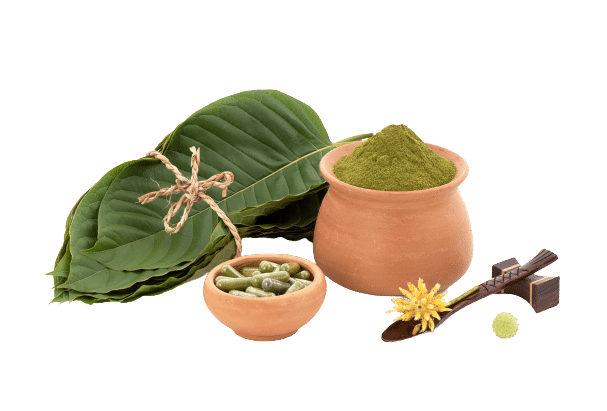
Kratom Withdrawals & Cardiovascular Health
Kratom is a physically addictive substance. If you use it for a significant length of time, then your body will become accustomed to having its various alkaloids present. Thus your body will stop producing the chemicals and hormones that kratom’s alkaloids mimic.
When you stop using kratom, your body will enter a state of withdrawal as it tries to compensate. It will overcompensate in some cases, producing excess amounts of certain compounds that kratom depleted. In other cases, it will be under-compensating, having “forgotten” how to make certain neurotransmitters that kratom encouraged.
In both cases, there are many unpleasant physical and mental health symptoms. Some of these symptoms can affect the cardiovascular system, and many people have reported the following symptoms as a result:
- Increased heart rate
- Irregular heart rate
- Heart palpitations
- Increased blood pressure
Frequency of Kratom-Related Heart Problems
A few studies have evaluated the frequency of kratom-related health issues.
Texas A&M University in San Antonio did one study that evaluated the health issues associated with kratom and listed the top 10. None of the top 10 side effects were related to the heart.
The study mentioned earlier from the academic journal Drug and Alcohol Dependence provided more specific statistics. This study, published in 2017, said that 0.71% of kratom users experienced heart palpitations and that only 0.28% experienced high blood pressure.
Several U.S. authorities, such as the F.D.A., have linked kratom to serious health problems. However, these conclusions come from studies where kratom was consumed alongside as many as five other drugs, some of which are known as cardiotoxins.
Another obvious discriminatory act against kratom comes from Mayo Clinic. The authoritarian website reports 1,800 calls to poison control agencies between 2011 and 2017 due to kratom usage.
This doesn’t mean that users were in danger. It means that they were unsure of whether or not they were in danger and sought the health of medical professionals. So that’s not necessarily a bad thing. In 2019 alone, there were more than 11,000 calls to poison control related to marijuana.
However, of these 1,800 kratom-related calls, Mayo Clinic reports that “about half involved seizures or high blood pressure.” That’s like saying that out of 1,800 car crashes, about half involved broken ribs or bruises.
The fact that Mayo Clinic chose not to differentiate between the calls related to seizures and those related to blood pressure leaves a huge gap in what could be crucial information.
If even half of those calls were because of seizures, then we would have reason to be seriously concerned. However, given the extremely low frequency of kratom-induced seizures (they are practically unheard of) compared to blood pressure and cardiac symptoms, like dizziness and headaches, in all likelihood, most of the calls were blood pressure-related.
Considering that these agencies have attempted to discriminate against kratom, take these warnings with a grain of salt. Kratom may cause some heart-related health issues, but it’s almost impossibly unlikely to cause heart attacks, seizures, or death.
Furthermore, even if all of these 1,800 calls were the result of seizures, one must consider that they occurred over six years. That’s about 300 calls per year. With millions of people using kratom daily, that’s a pretty low number of calls.

Kratom Consistency, Testing & Risks
The kratom market is entirely unregulated, so vendors can sell kratom products without having to make them meet a certain standard. This can be bad news for individuals, especially those who don’t know how to determine the validity of a website.
There have been cases of kratom vendors mixing other substances with their products to increase potency. Naturally, these products also came with an increased risk of side effects.
It would make sense if some of the issues associated with kratom came from sketchy, untested kratom sold by unethical vendors. However, that doesn’t mean that we shouldn’t still be careful with kratom.
You should only buy kratom from an authentic and reputable vendor. This reduces the risk of being sold a product with any contaminants that could damage your heart.
Tips to avoid problematic kratom products:
- Always buy kratom from websites that other users have positively reviewed on the web.
- Whenever possible, purchase kratom from websites that have posted third-party lab results on their site. These results confirm the purity and consistency of the kratom.
- Buy from vendors that are open and transparent about their business practices and ethics.
Check out our list of The 10 Best Kratom Vendors Online of 2022.

Kratom Interactions & Complications
People who have certain pre-existing conditions or take certain medications may be more likely to experience heart palpitations when using kratom.
A 2017 study evaluated the effects of kratom on users with posterior reversible leukoencephalopathy syndrome [2]. This condition is associated with high blood pressure, among other concerns.
The subject of the study experienced a sharp increase in blood pressure following heavy doses of kratom. However, their blood pressure levels returned to normal within a few days of ceasing kratom use.
Kratom may also interact with drugs, both legal and illicit.
Amphetamines and other substances that raise blood pressure should not be used in conjunction with stimulating kratom strains. Doing this will most likely put the user at higher risk of heart palpitations and high blood pressure.
Kratom may also interfere with the absorption or efficacy of medication prescribed to manage blood pressure — such as A.C.E. inhibitors or beta-blockers. In this case, the kratom would cause users to return to a base level of blood pressure (which is already too high) or, in severe cases, an even higher level.
Certain antidepressants, namely tricyclic antidepressants and NDRI or SNRIs (norepinephrine-dopamine and serotonin-norepinephrine reuptake inhibitors, respectively) antidepressants, can raise blood pressure and contribute to heart palpitations.
Discuss kratom with a medical professional before introducing it to your body if you’re taking these medications. Most likely, they will suggest that you avoid it to prevent you from increasing further. However, if your blood pressure remains stable even with the drugs, kratom might be fine.
Suggested Reading: Exhaustive List of Kratom-Drug Interactions.
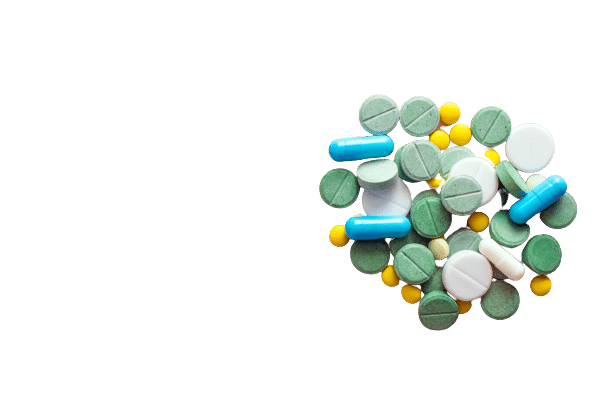
Kratom & Cardiovascular Benefits
Kratom’s relationship with the cardiovascular system isn’t all negative. In fact, from an objective stance, one could argue that kratom is more likely to be beneficial for your heart than it is dangerous.
Kratom is known to be a very effective anxiolytic (anxiety-fighting) herb. Red kratom is beneficial for helping to manage anxiety.
Anxiety is generally thought of as a mental condition, but it produces many physiological effects. High blood pressure, palpitations, an elevated heart rate, and quickened breathing are some of the symptoms of serious anxiety.
Many of these symptoms are similar to, and most likely caused by, an increase in adrenaline.
Adrenaline is a neurotransmitter that our body produces when we need to act quickly. In cases of anxiety, our body interprets a perceived threat the same way as a real threat.
In both cases, the result is the same. The body enters fight or flight mode by releasing adrenaline, which primes it to respond faster and more effectively than otherwise. This allows us a greater chance of, say, outrunning a tiger (although the odds are still stacked against you).
Unfortunately, for anxiety sufferers, the body often finds itself in a hyper-vigilant state despite no actual threat to its safety.
Adrenaline courses through the body and produces the sensation of needing to escape. However, escaping is unlikely to be a productive decision in a board meeting or during a date. Instead, the unreleased energy can manifest as many symptoms, including heart palpitations.
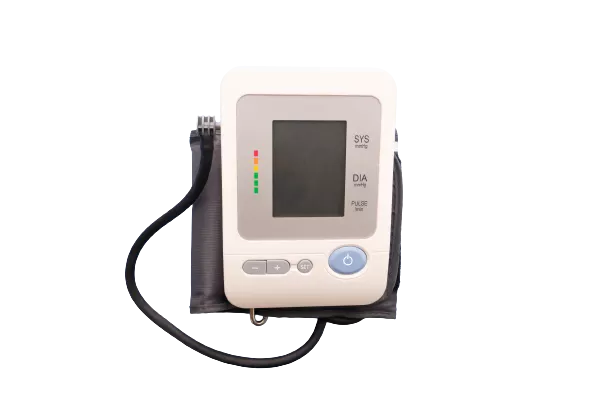
Kratom for Reducing Anxiety & Related Symptoms
Red kratom can help to reduce the discomfort, both physical and mental, associated with anxiety.
Green kratom can also help manage anxiety, although it is not always as effective as red kratom. Some people also find relief when using white kratom.
In the case of the latter two stimulating varieties of kratom, anxiety relief is primarily due to an increase in focus and mood. Green and white kratom can promote an increase in adrenaline, so they aren’t reducing anxiety at its root. They are thus unlikely to provide cardio benefits.
Red kratom, however, is a known vasodilator. It helps to relax and loosen blood vessels throughout the body. In addition to the psychological benefit of reduced anxiety, red kratom can dampen the physiological symptoms and produce sensations of relaxation.
This can be a massive boon for the cardiovascular system of people with chronic anxiety. Years and years of being pushed into fight or flight mode can be strenuous for the cardiac system. Red kratom can help reduce the strain.
Red kratom may also help people who have insomnia. Long-term insomnia can lead to elevated blood pressure. Thus kratom may indirectly help reduce insomnia-related blood pressure problems.
Related: The Best Anxiety-Relieving Kratom Strains.

Kratom & Low Blood Pressure
Taking kratom to lower blood pressure can be pretty helpful for those struggling with anxiety problems or hypertension. However, people with normal blood pressure levels may experience problems if their blood pressure decreases.
One Reddit user known as cuddlemuffin911 believes that kratom-related dehydration triggered episodes of low blood pressure, a typical report among kratom users.
Many of the symptoms of kratom, especially of the more sedating varieties, are similar to those associated with low blood pressure. A collection of symptoms known as the “kratom wobbles,” which affect users who take high doses of sedating strains, is common among low blood pressure victims.
Symptoms of kratom wobbles include:
- Nausea
- Dizziness and disorientation
- Confusion
- Feeling lightheaded
These symptoms are more likely to be experienced by patients with low blood pressure. Low blood pressure is not guaranteed to cause palpitations, although neither is high blood pressure. Any fluctuations in the cardiac system can increase the chances of palpitations.

Final Thoughts on Kratom & Heart Palpitations
The verdict is out regarding kratom and its influence on the cardiovascular system. A small percentage of users experience heart palpitations when taking kratom, but most do not. This symptom is not a life-threatening side effect. However, we can be certain that users with pre-existing cardiovascular problems should probably avoid using kratom, at least in high doses.
In fact, everyone should avoid repeated high doses of kratom. It’s only with chronic, high-dose kratom use that significant side effects emerge. If you keep your habit and your daily dosage small enough, you should be able to avoid the majority of kratom’s side effects.
- Smith, K. E., & Lawson, T. (2017). Prevalence and motivations for kratom use in a sample of substance users enrolled in a residential treatment program. Drug and Alcohol Dependence, 180, 340-348.
- Castillo, A., Payne, J. D., & Nugent, K. (2017, July). Posterior reversible leukoencephalopathy syndrome after kratom ingestion. In Baylor University Medical Center Proceedings (Vol. 30, No. 3, pp. 355-357). Taylor & Francis.

